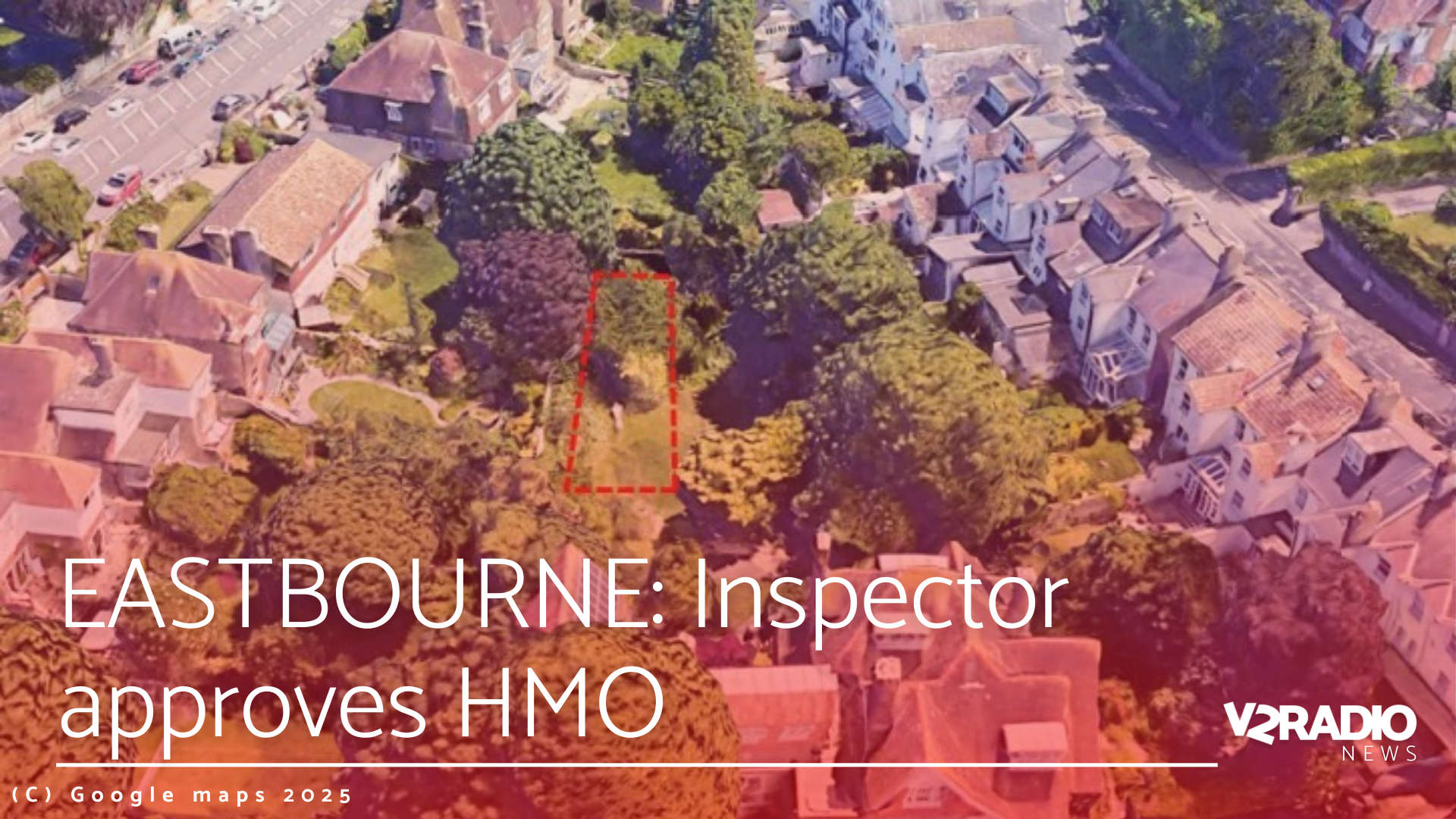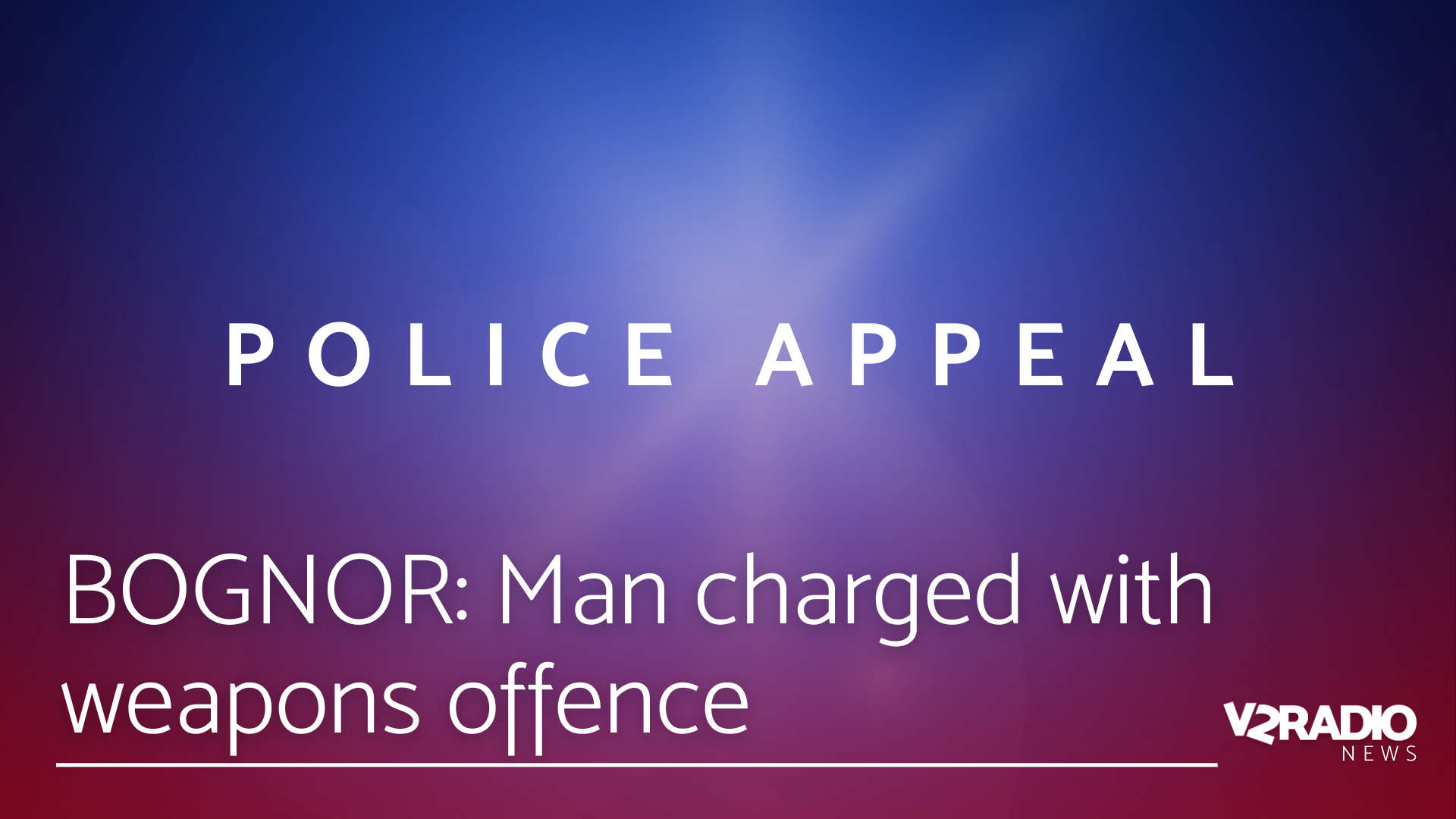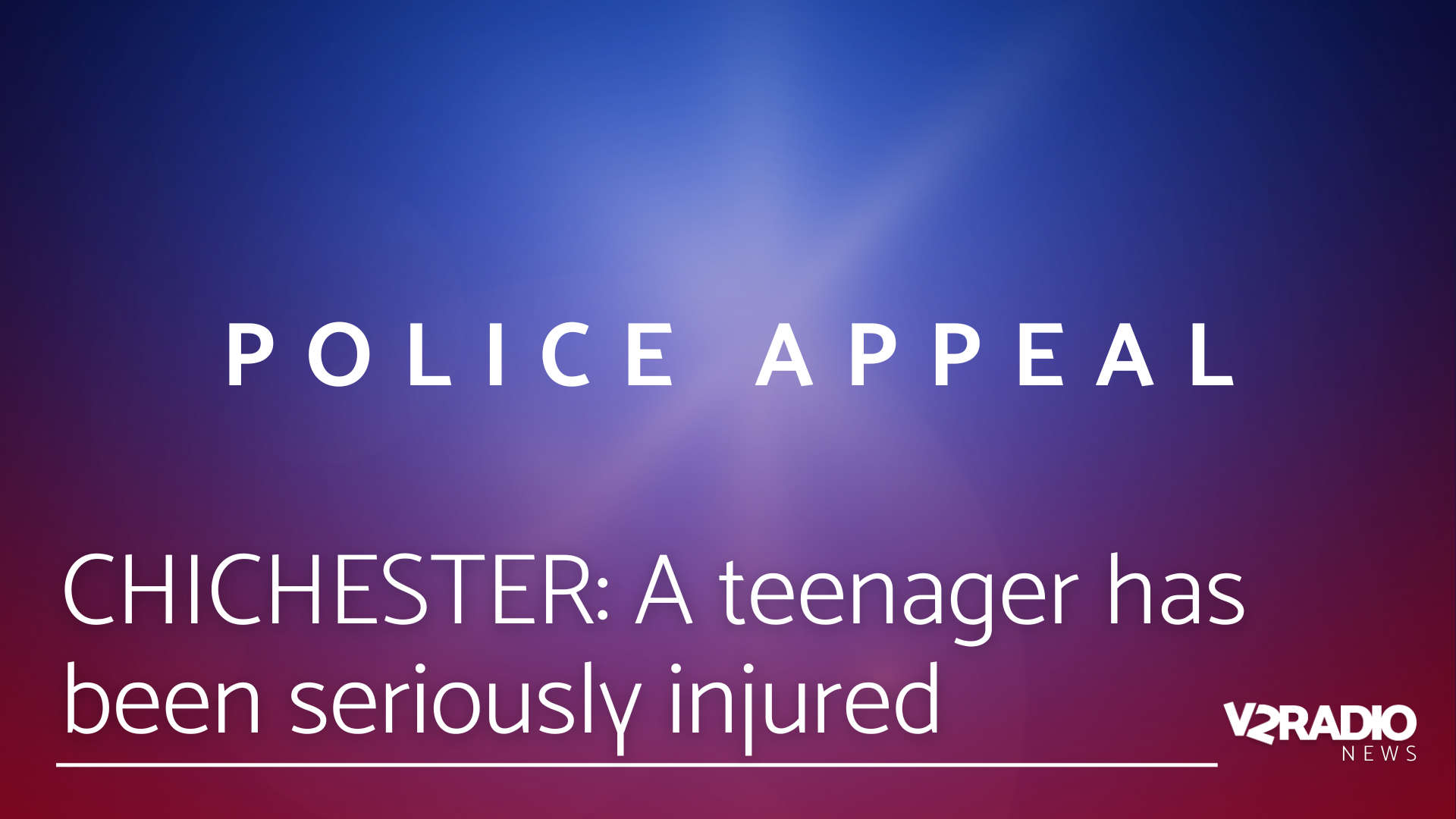
Plans to build an accessible shared housing block in Eastbourne have been approved at appeal.
In a decision notice published on Wednesday (September 24), a planning inspector has approved plans to erect a purpose-built eight-bedroom HMO (home in multiple occupation) within the grounds of the former Holy Rosary Convent.
The former convent, which has itself already been converted into a HMO, sits on land to the rear of The Goffs in Old Town.
Developer Castle Accommodation described the proposed building as a “standalone unit”, which would be “specifically intended for low-income disabled individuals who will be placed by the council.”
Eastbourne Borough Council planning officers had refused the proposals in November last year, with their concerns including the scheme’s impact on the character and appearance of the area, as well as the level of privacy and residential amenity offered to its future occupants.
The inspector reached a different conclusion, judging the scheme to “not adversely affect the character and appearance of the area”, while also providing “reasonable living conditions to future occupants”.
The inspector judged the scheme not to be in conflict with planning policy and approved the scheme.
The version of the scheme considered by the inspector included some amendments when compared to the original scheme considered by the council. These amendments, described as minor by the developer, added rooflights to the building in an effort to address the council’s concerns around the amenity of future occupants.
The developer, who also described the partial refusal on these grounds as “shock decision”, had separately sought a costs award from the council on the basis of “unreasonable behaviour”.
While the inspector overturned the council’s initial refusal, they also rejected this application for a costs award.
According to a separate decision notice from the same inspector, the appellant had raised several matters which they believed to show the council having acted unreasonably and so justifying an award of costs.
These included: the council’s failure to submit an appeal statement in time for consideration; the way it had conducted a balancing exercise when evaluating the scheme; and partly refusing the scheme due to a lack of information around the scheme’s refuse/recycling, cycle or mobility scooter storage facilities.
The inspector judged none of these concerns to constitute unreasonable behaviour on behalf of the council.
Although the amendments offered during the appeal do not appear to have been directly raised by the developer as an example of unreasonable behaviour, the inspector also highlighted how the inclusion of the additional rooflights and accompanying information had been necessary for the scheme to be considered acceptable.
The inspector said: “The applicant suggests that such changes could have been requested by the council as an amendment to the scheme. Whilst this is true, not requesting the change is not in itself unreasonable given the other reasons for refusal.
“It is also equally reasonable to have expected this aspect of the scheme to have been addressed initially as part of the submission.”
For further information see application reference 240480 on the Eastbourne Borough Council website.

 Man charged with weapons offence in Bognor Regis
Man charged with weapons offence in Bognor Regis
 Growing concern for the well being of East Sussex couple detained in Iran.
Growing concern for the well being of East Sussex couple detained in Iran.
 Natures Way Foods in Seley has partnered with UKHarvest to support the community
Natures Way Foods in Seley has partnered with UKHarvest to support the community
 Portsmouth ranked No.1 in the UK for smoothest roads
Portsmouth ranked No.1 in the UK for smoothest roads
 Scooter rider, 17, seriously injured in collision
Scooter rider, 17, seriously injured in collision
 Portsmouth Mayoral elections returning officer announced
Portsmouth Mayoral elections returning officer announced
 Council approves £950,000 grant to help deliver 19 affordable homes in North Mundham
Council approves £950,000 grant to help deliver 19 affordable homes in North Mundham
 Goring seafront hedge given legal protection after unauthorised cutting
Goring seafront hedge given legal protection after unauthorised cutting
 Families in Bognor are one crisis away from using a food bank
Families in Bognor are one crisis away from using a food bank
 West Sussex recycling centres move to winter opening times
West Sussex recycling centres move to winter opening times






